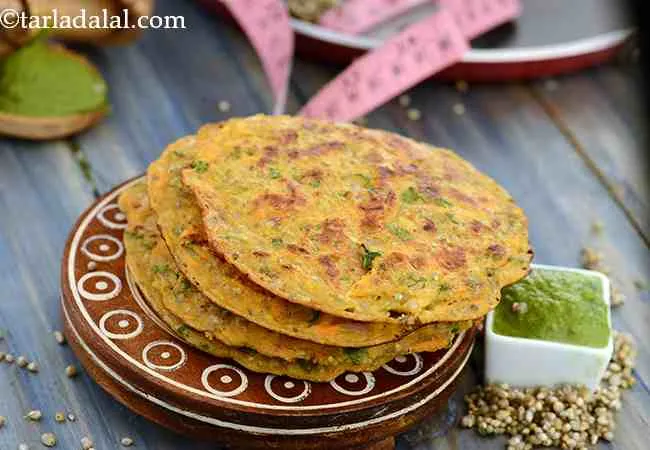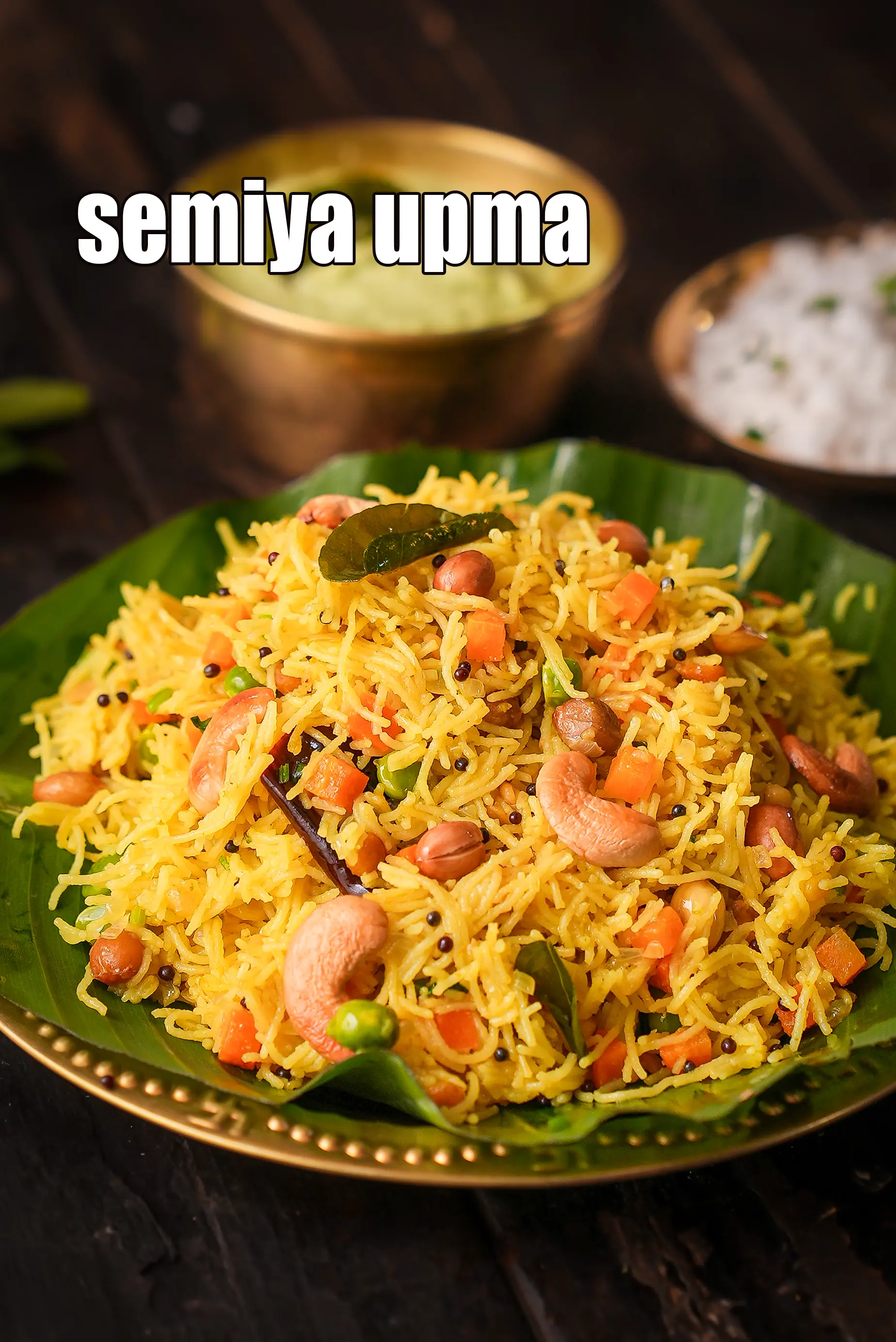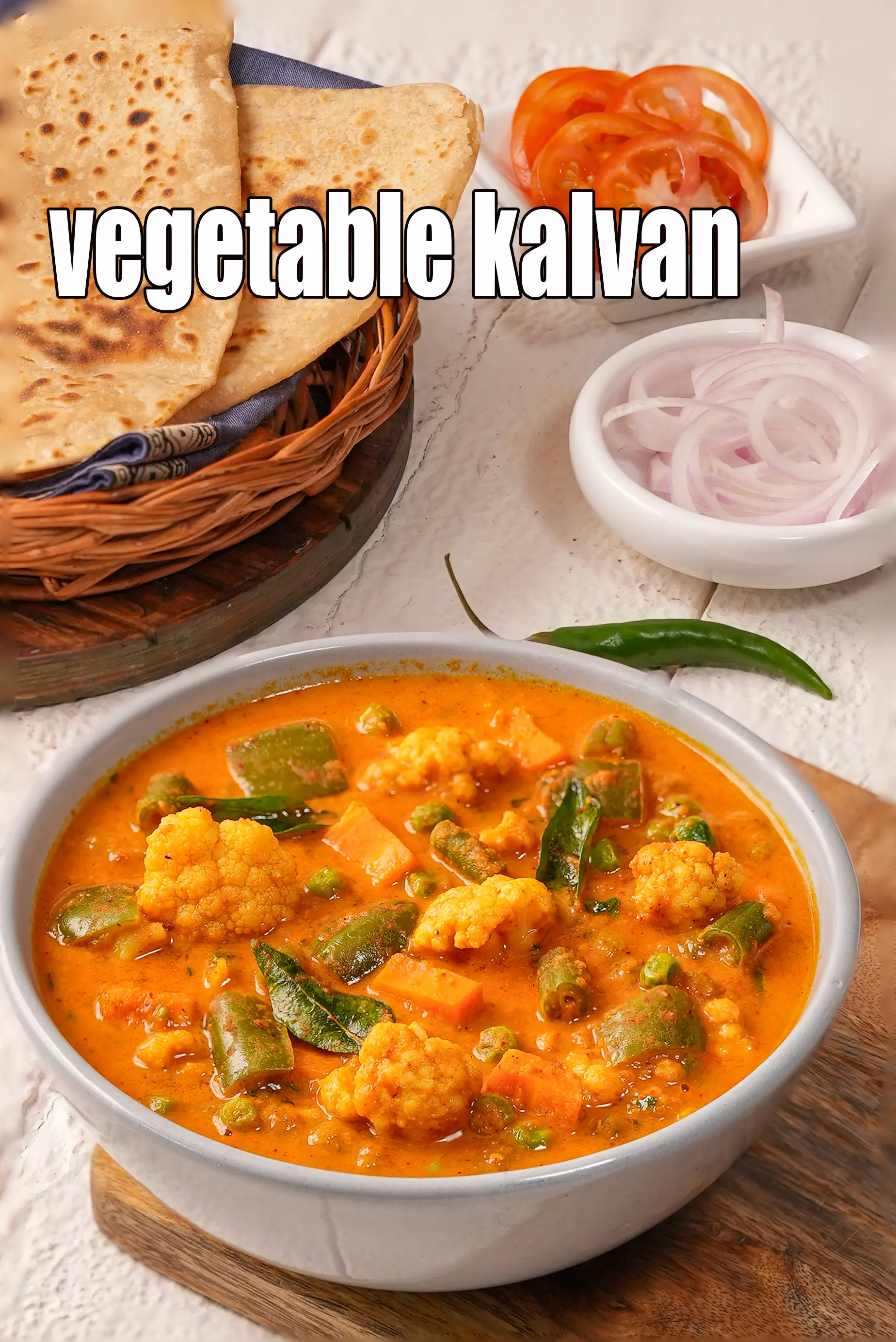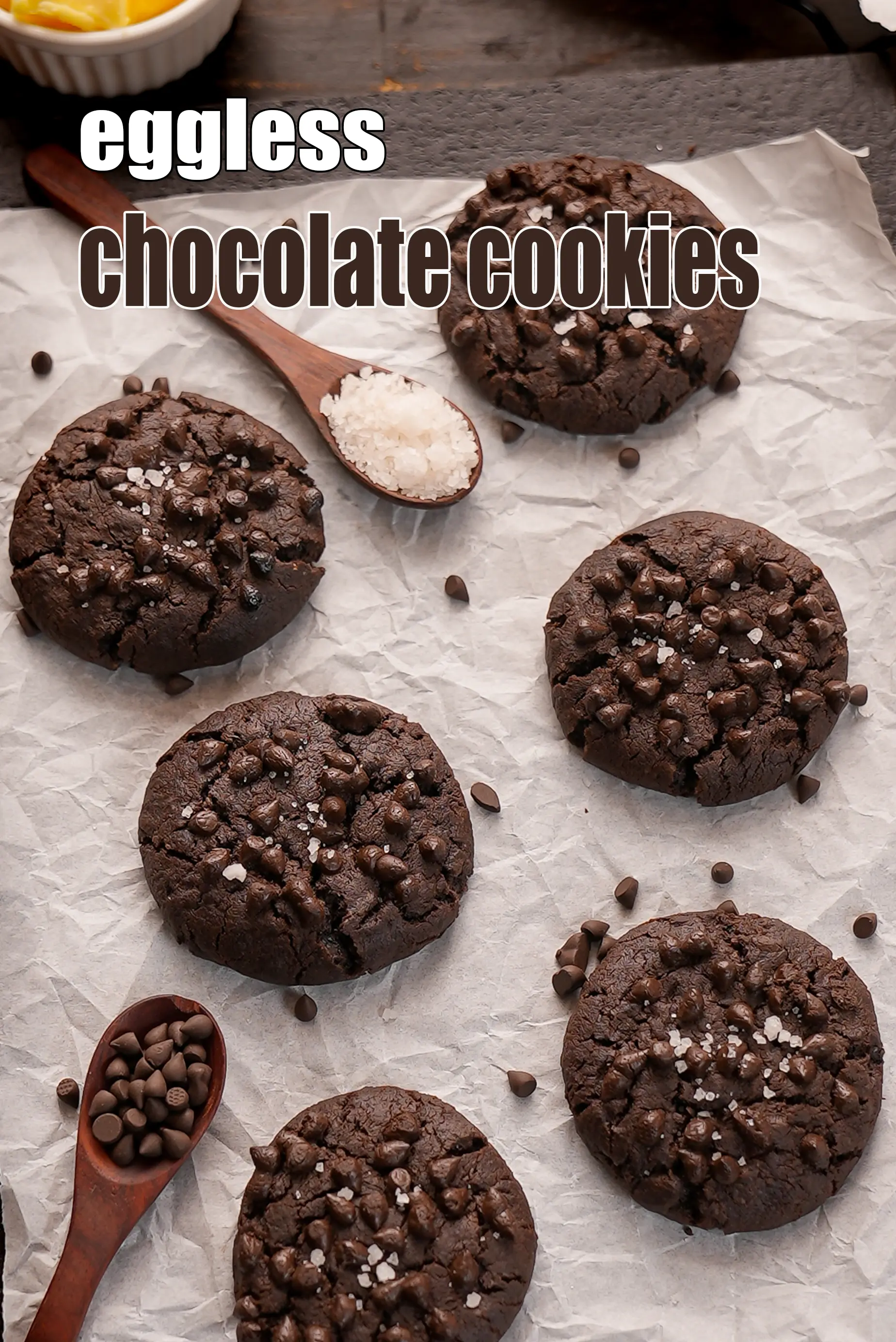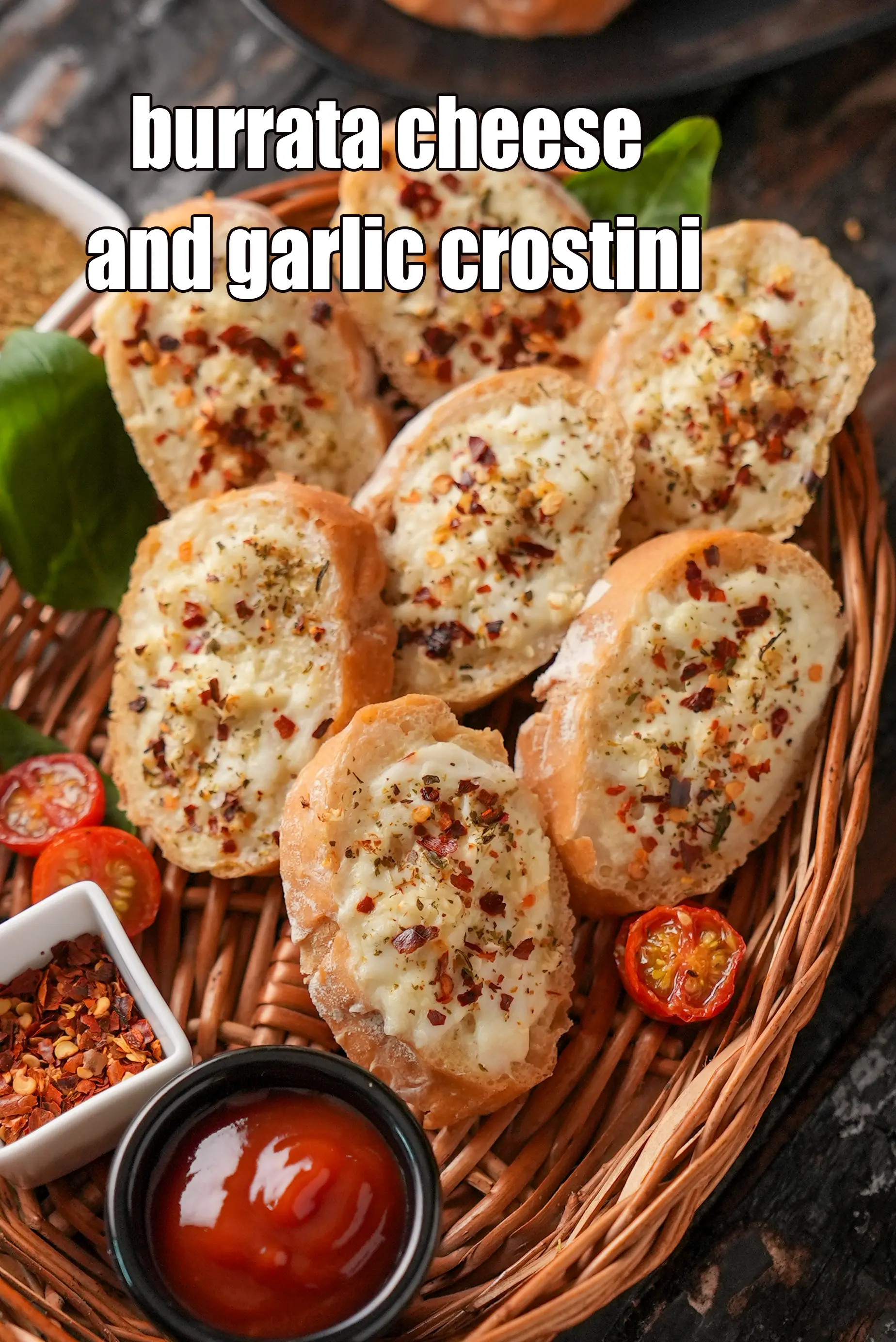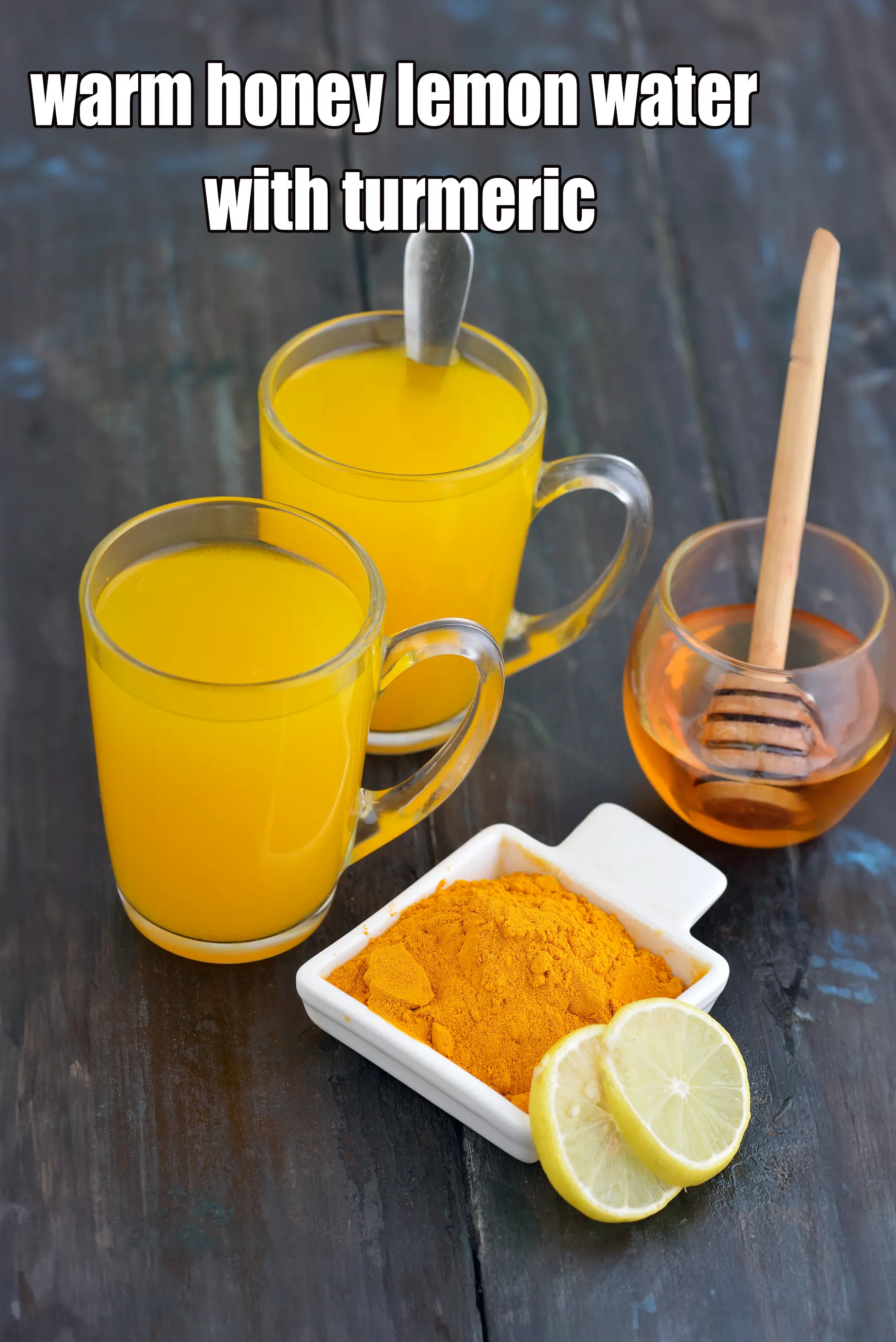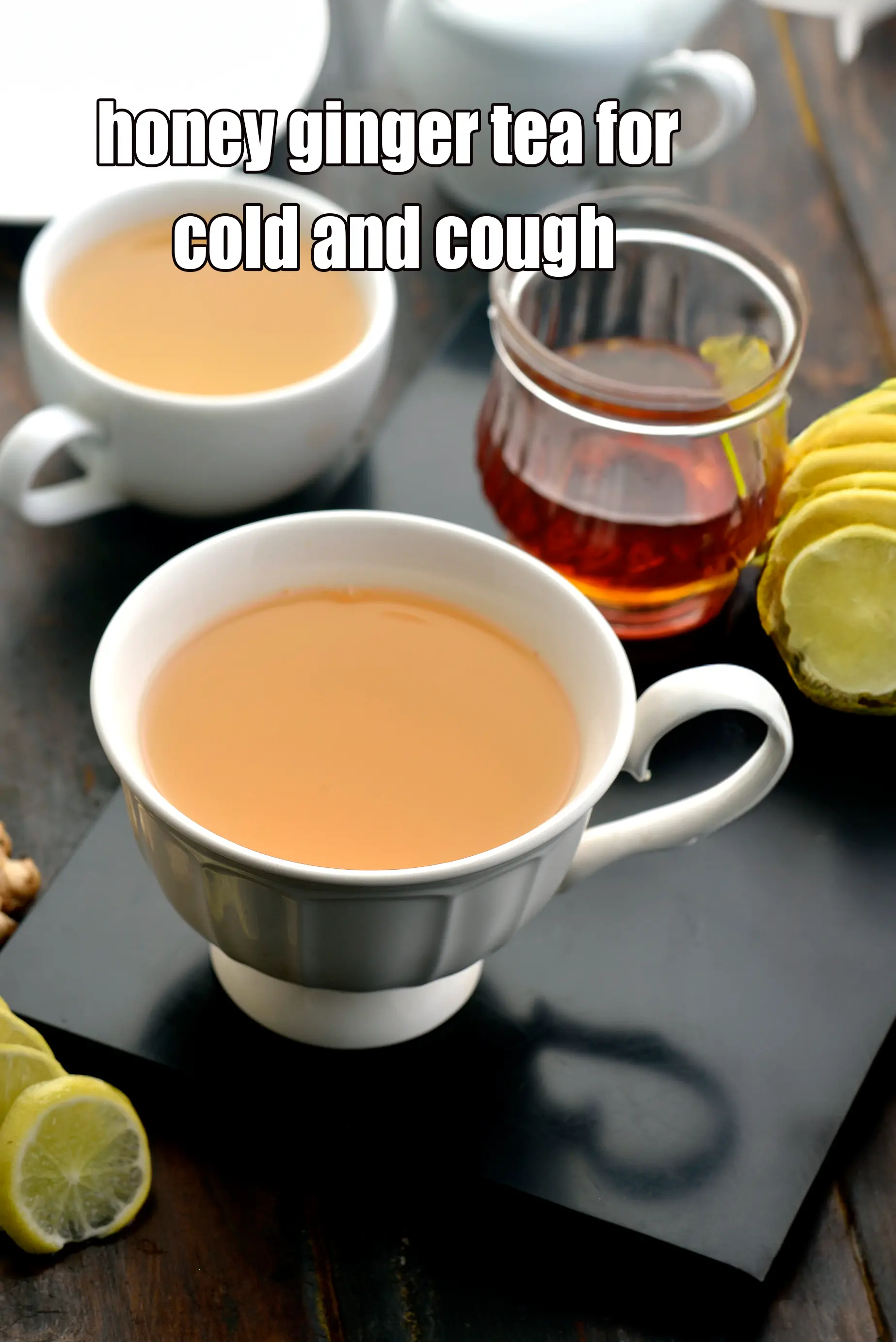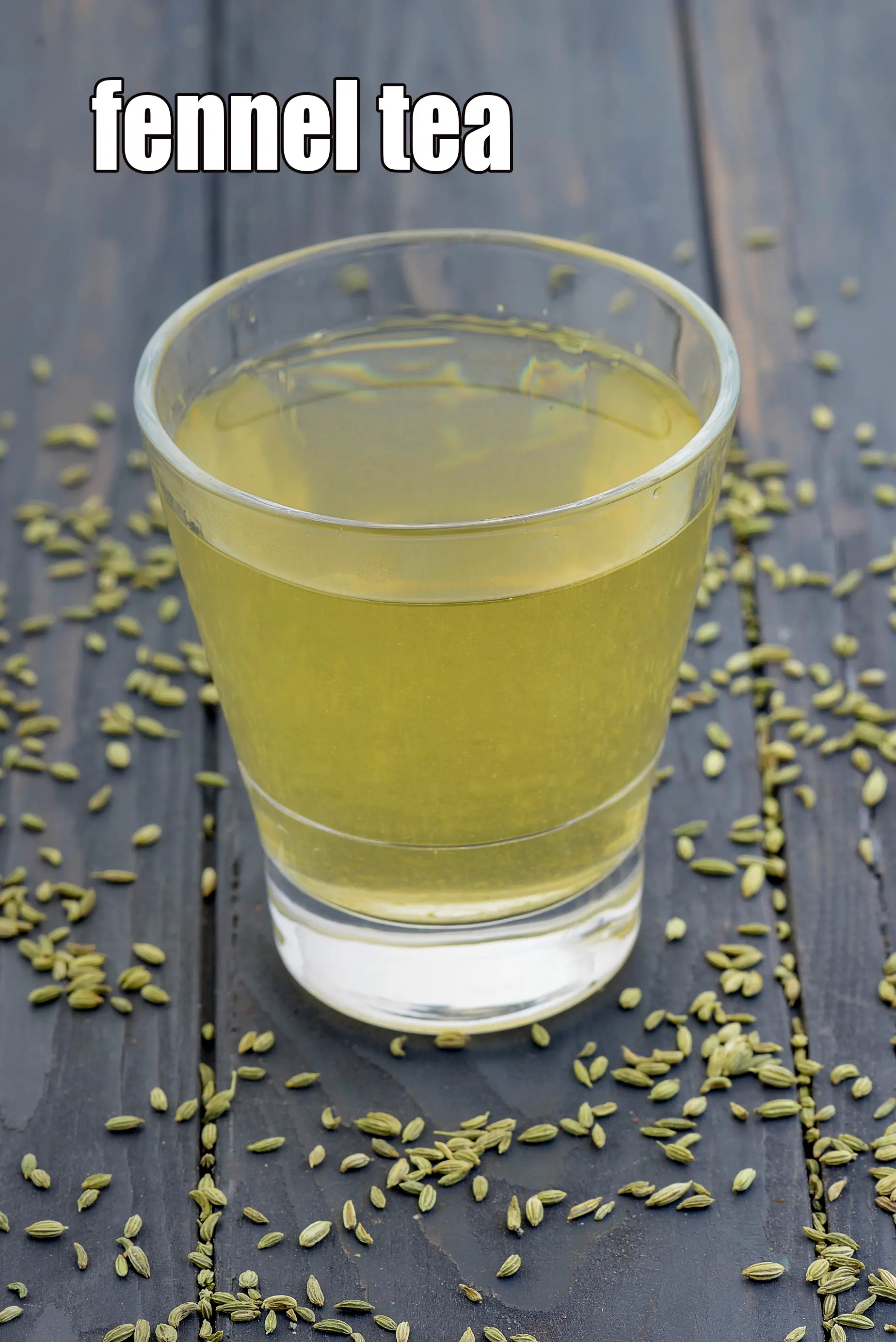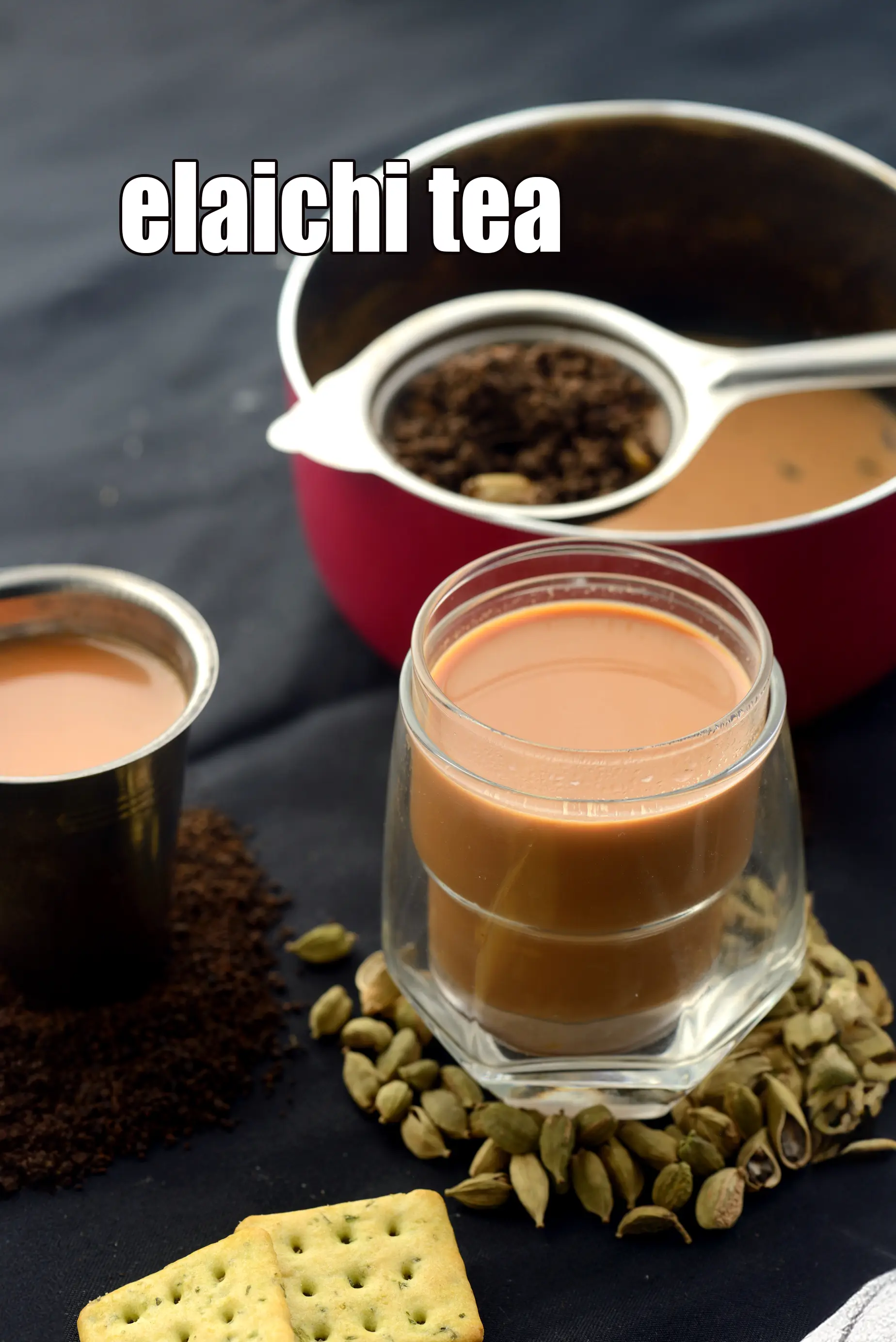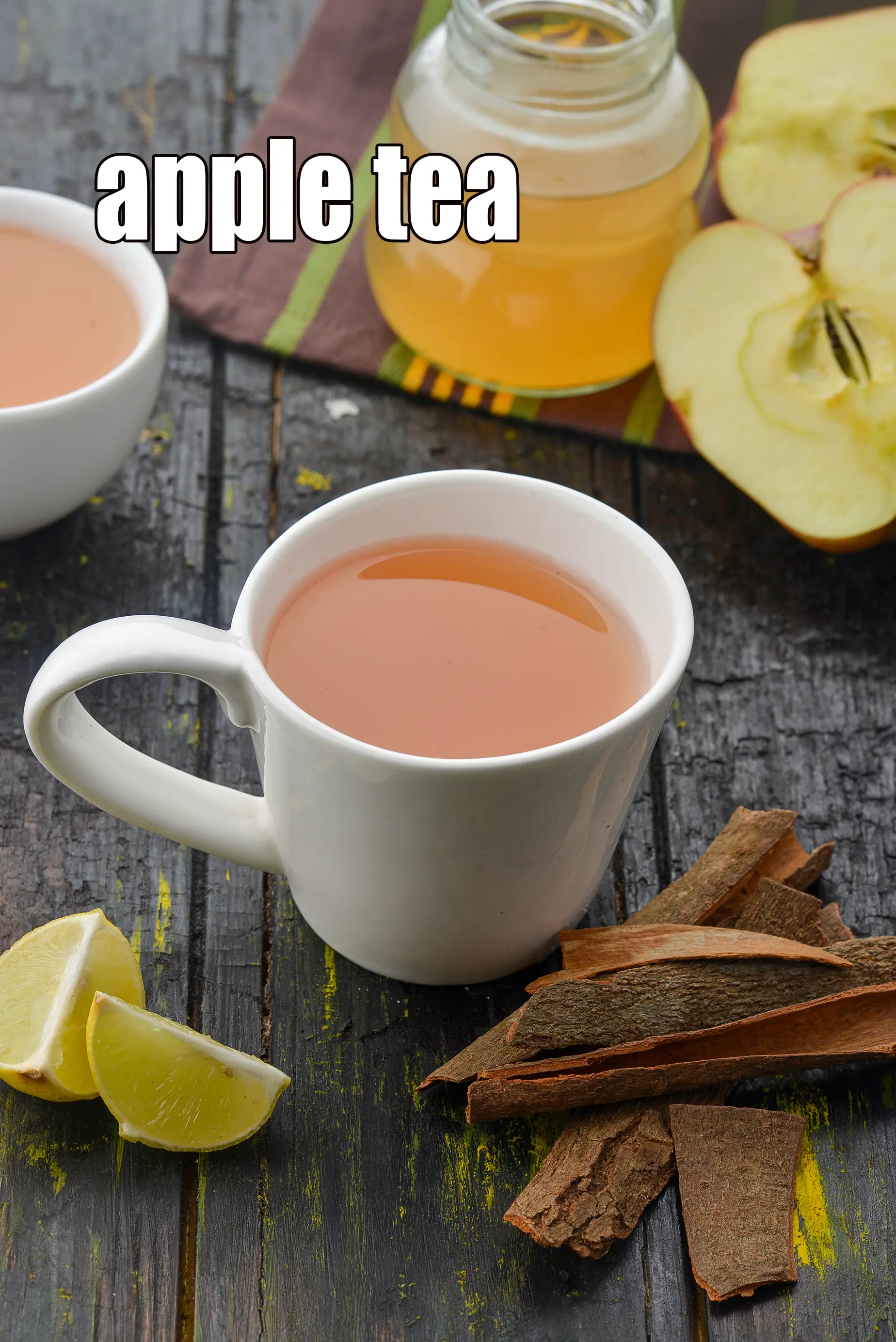Nutritional Facts of Ridge Gourd Chutney, Calories in Ridge Gourd Chutney
This calorie page has been viewed 8724 times
Table of Content
How many calories does one tablespoon of Ridge Gourd Chutney have?
One tablespoon of Ridge Gourd Chutney gives 29 calories. Out of which carbohydrates comprise 6 calories, proteins account for 2 calories and remaining calories come from fat which is 21 calories. One tablespoon of Ridge Gourd Chutney provides about 1 percent of the total daily calorie requirement of a standard adult diet of 2,000 calories.
See recipe Ridge Gourd Chutney | beerakaya pachadi | peerkangai chutney for Idlis, Dosas | healthy turai chutney | with 25 images.
ridge gourd chutney is also known as turai chutney. Learn to make peerkangai chutney for Idlis, Dosas.
To make ridge gourd chutney, in a mixer, add the sautéed ridge gourd, coriander, tamarind, coconut, green chillies, salt and ¼ cup of water and blend to a smooth paste and top with a tempering of dals and chillies.
South Indians often combine roasted dals with sautéed veggies to make delicious chutneys like beerakaya pachadi , which go very well with idlis, dosas, puris and just about any snack.
To enjoy these chutneys the traditional way, mix them with steaming hot rice topped with a dash of til oil or ghee, and relish with roasted urad papads. Here is how to use Ridge Gourd Chutney in this fashion.
ridge gourd is absolutely low in calories and carbs, thus making it a very virtuous choice for those on low-cal and low-carb diet. Consuming ridge gourd regularly can help to maintain blood sugar levels and hence diabetic friendly in this ridge gourd chutney.
Is Ridge Gourd Chutney healthy?
Yes, this is healthy.
Let's understand the Ingredients.
What's good.
Turai (Ridge Gourd ) : This ridge gourd is absolutely low in calories and carbs, thus making it a very virtuous choice for those on low-cal and low-carb diet. Consuming ridge gourd regularly can help to maintain blood sugar levels and hence diabetic friendly. Its absolutely low in fat and nil in cholesterol. A subzi made with ridge gourd with minimal amount of oil is truly a welcome addition for those with heart diseases. See detailed benefits of turai ridge gourd.
Coconut Oil : Coconut oil is a medium chain triglycerides (MCT’s). Unlike other fats, they go directly from the gut to the liver. From here, they are then used as a source of energy. As the calories in MCT’s are used straight away, they are less likely to be stored as fats in the body. MCT's have shown to improve your brain and memory function, they also give a boost to your energy levels and improve your endurance. The MCT in Coconut oil reduces the LDL cholesterol (bad cholesterol) while increasing the count of HDL cholesterol, maintaining normal blood pressure and good for diabetics. See detailed benefits of coconut oil.
Mustard Seeds: Tiny little mustard seeds, mostly added as a tempering, lend an interesting bite, exotic flavour and tempting aroma to Indian foods. Mustard seeds are from the mustard plant, which is a cruciferous vegetable related to broccoli, Brussels sprouts and cabbage.
Chana Dal ( split bengal gram) : One cup of cooked Chana Dal provides 33% of your protein for the day. Chana dal is heart and diabetic friendly, also rich in fiber. Chana dal has high amount of potassium and low amount of sodium which makes it very effective in regulating your blood pressure. Read this article on complete benefits of chana dal.
Urad Dal : 1 cup of cooked urad dal gives 69.30% of your daily requirement of folic acid. The folic acid in urad dal helps your body to produce and maintain new cells, especially red blood cells. Being rich in Phosphorus it works with Calcium to build our bones. It is also high in fibre and good for heart, good for lowering cholesterol and good for diabetes. See here for 10 super benefits of urad dal.
Hing ( Asafoetida) : The active compound 'coumarin' helps in managing blood cholesterol and triglyceride levels. Asafoetida is known to have anti-bacterial properties, which helps to keep asthma at bay. Asafoetida is an age-old remedy for bloating and other stomach problems like flatulence. The best solution is to gulp down little hing with water or dissolve it in water and sip it. It can also be used along with curd or almond oil as a hair mask. It helps to prevent dryness of hair and smoothen as well as strengthen hair.
Kashmiri chilli: Like red chillies, Kashmiri chillies also have vitamin C, though in smaller quantites than the fresh red chillies. This helps to boost immunity and improve skin health. They also have minute amounts of copper, potassium, manganese, magnesium and iron along with B vitamins. Small amounts of Kashmiri chilli powder can aid digestion, but more quantity can affect the lining of the digestive tract.
Green Chillies : Antioxidant vitamin C in green chillies protects the body from effects of harmful free radicals and prevents stress. It is probably the high fiber which helps in controlling blood sugar levels. This it is a welcome addition to a diabetic diet. Suffering from anaemia? Add green chillies to your list of iron rich foods too. For complete details see benefits of green chilli.
Coriander (kothmir, dhania) : Coriander is a fresh herb often used as a flavour enhancer in Indian cooking. It is mainly used as a garnish. This is the best way to use it - no cooking. This preserves its vitamin C content which helps to build our immunity and bring that sparkle to the skin. The antioxidants vitamin A, vitamin C and the quercetin present in coriander works towards strengthening our immune system. Coriander is a fairly good source of iron and folate – the 2 nutrient which help in the production and maintenance of red blood cells in our blood. Good for reducing cholesterol and good for diabetics. Read 9 benefits of coriander to understand details.
Imli (Tamarind) : Tamarind is good for heart due to the fibre present which has a cholesterol lowering effect. It is also good for diabetics. But too much tamarind is bad for health.
Coconut : The fresh coconut has saturated fats but most of it is MCT (Medium Chain Triglycerides) which promote weight loss. The high fibre content 13.6 gm (45.3% of RDA) along with high lauric acid content of coconut improves cholesterol levels in the body. Improving the action of insulin secretion and lowering the raised blood sugar levels is yet another benefit of coconut for Diabetics. See here for 10 amazing benefits of coconut.
Note : 1 cup = 200 ml (standard cup available in the market). The weight in grams varies for each ingredient.
Can diabetics, heart patients and overweight individuals have Ridge Gourd Chutney?
Yes. Consuming ridge gourd regularly can help to maintain blood sugar levels and hence diabetic friendly. Its absolutely low in fat and nil in cholesterol. The sulphur in onions act as a blood thinner and prevents blood clotting too. This in turn would lower blood pressure and good for heart, diabetics.
Can healthy individuals have Ridge Gourd Chutney?
Yes. This is healthy.
To enjoy these chutneys Here are some Healthy Indian snack options.
You can have Baked Samosa with mixed sprouts, Matarsutir Kachori, Oats Moong Dal Tikki, Baked methi muthia recipe, Zunka recipe, moong dal dhokla recipe, bajra carrot onion uttapam recipe , baked palak jowar murukku, mini jowar pancakes, oats upma, baked sev , baked whole wheat puris, paneer pudina tikki or buckwheat pancake as one healthy recipe option.
Bajra, Carrot and Onion Uttapa
Ridge Gourd Chutney is good for
5. Pregnancy
How to burn 29 calories that come from one tablespoon of Ridge Gourd Chutney?
Walking (6 kmph) = 9 mins
Running (11 kmph) = 3 mins
Cycling (30 kmph) = 4 mins
Swimming (2 kmph) = 5 mins
Note: These values are approximate and calorie burning differs in each individua
| Energy | 29 cal |
| Protein | 0.5 g |
| Carbohydrates | 1.5 g |
| Fiber | 0.7 g |
| Fat | 2.3 g |
| Cholesterol | 0 mg |
| Vitamin A | 172.2 mcg |
| Vitamin B1 | 0 mg |
| Vitamin B2 | 0 mg |
| Vitamin B3 | 0.1 mg |
| Vitamin C | 3.3 mg |
| Folic Acid | 4 mcg |
| Calcium | 6.7 mg |
| Iron | 0.2 mg |
| Magnesium | 4.6 mg |
| Phosphorus | 13.2 mg |
| Sodium | 2.8 mg |
| Potassium | 27.3 mg |
| Zinc | 0.1 mg |
Click here to view Ridge Gourd Chutney
Calories in other related recipes
